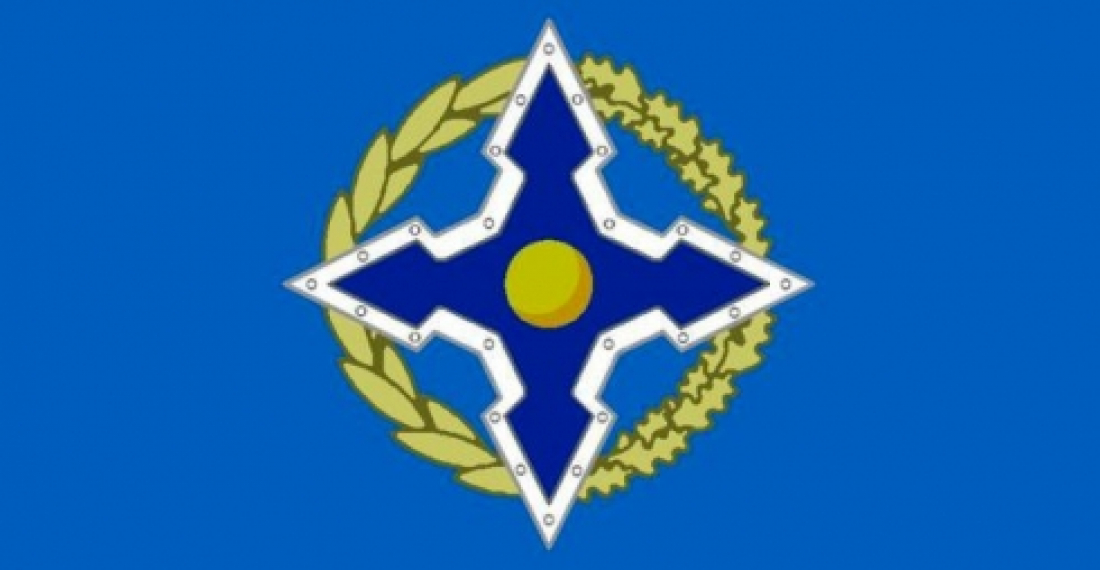Россия намерена совершенствовать Организацию Договора о коллективной безопасности (ОДКБ) во время совего председательства в альянсе, который перейдет ей от Киргизии на саммите в Сочи, в понедельник. В саммите примут участие лидеры Армении, Беларуси, Казахстана, Кыргызстана, России и Таджикистана.
Как говорится в заявлении пресс-секретаря организации Владимира Зайнетдинова, размещенном на сайте ОДКБ, президент России Владимир Путин, как ожидается, выступит с речью о приоритетах будущего председательства России в ОДКБ.
"Большое внимание будет уделено обеспечению охраны границ государств-членов, прежде всего с учетом предстоящего в 2014 г. вывода из Афганистана иностранного военного контингента." - говорится в заявлении пресс-службы Кремля.
По словам Зайнетдинова, наряду с вопросами безопасности государства-члены рассмотрят вопрос о совместном заявлении по поводу последних событий в Сирии.
Пресс-секретарь российского президента Дмитрий Песков заявил, что "на полях" саммита состоятся встречи Путина со всеми его участниками, в том числе с белорусским президентом Александром Лукашенко. Позже помощник российского лидера Юрий Ушаков уточнил, что отдельной двусторонней встречи Путина и Лукашенко не планируется.
Встреча проходит в то время, когда руководство России активно проводит политику укрепления институтов, которые были созданы в последние десятилетия после распада СССР. Оппоненты в прошлом критиковали неэффективность таких институтов, как Содружество Независимых Государств, который во многом остается дискуссионным клубом. ОДКБ, который хотя и объединяет только шесть стран постсоветского пространства, является несколько более эффективным институтом. Правительство России надеется, что будущий Евразийский экономический союз также будет в состоянии преодолеть трудности и сомнения на пути становления эффективной региональной организацией.
Некоторые бывшие советские республики наотрез отказываются вступать в ОДКБ или же в Евразийский союз, но правительство России становится все более напористым во взаимодействии с правительствами ряда стран, чтобы побудить их присоединиться. Очень маловероятно, что Грузия, Молдова или Украина вступят в него, а руководства Туркменистана и Узбекистана предпочитают вести более независимую внешнюю политику. Азербайджан заявлял, что проводит "сбалансированную" внешнюю политику и стремится к хорошим отношениям с Россией, но до сих пор не спешит присоединяться к ее региональным союзам. Однако, касательно Евразийского Союза, любимая тема президента Путина, давление на Азербайджан, вероятно, увеличится.
Источник: commonspace.eu. по материалам РИА Новости
Фото: Эмблема Организации Договора о коллективной безопасности (ОДКБ)
Commentary
Россия намерена совершенствовать ОДКБ во время своего председательства в альянсе.







